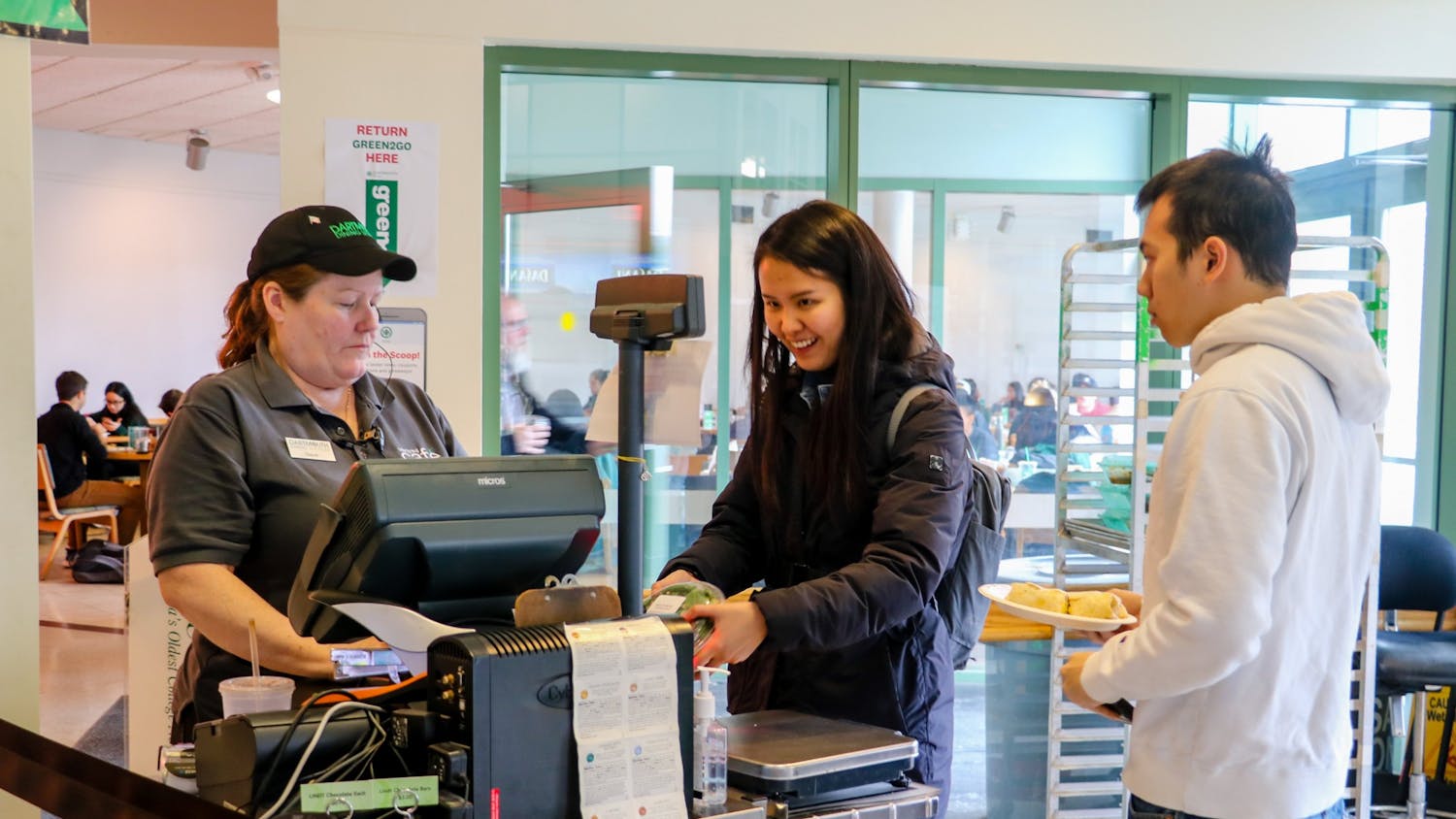When the pandemic began to spread throughout the U.S. last spring, seemingly everyone praised “essential workers” for putting their lives on the line to keep society running.
While such praise was well-intentioned, it did little to change the fact that many of those workers face substandard working conditions without receiving proper compensation. While companies might benefit from a culture where exploitation of employees is both expected and accepted, workers suffer.
Though the service industry has never been glamorous and often requires long hours without adequate compensation, the pandemic has brought to light the severity of this exploitation and has continued to feed its existence. Throughout the pandemic, workers from across the service industry have expressed their frustration with lackluster sick leave policies, struggles making customers follow COVID-19 protocols and fears about losing their jobs.
In fact, COVID-19 prompted many employees to leave the jobs they had prior to the pandemic. While some portion of those who left the industry did so voluntarily, others were forced out as companies tried to mitigate the financial hardship imposed by the pandemic. While these layoffs may be perceived as an unpredictable and unavoidable side effect of the pandemic, they also illuminate the substandard sick leave policies, health care benefits and employee protections alloted to those who work in the service industry.
More than half of service workers work without paid sick leave or adequate health care, and most make less than $15 an hour. As a result, if they contract COVID-19, many service workers have to decide between forgoing a pay check by reporting their diagnosis to their employer or going into work sick anyways. The former, although the more ethical choice, would likely force the employee to stay home without pay — a decision that for some service workers can mean the difference between being able to pay rent for the month or being homeless.
Meanwhile, those with preexisting health conditions are left to choose between being unemployed or accepting an increased risk of contracting COVID-19 every time they clock into work. In essence, service workers with pre-existing conditions must decide whether their life is worth their paycheck — a decision that no person should have to make.
It bears emphasizing that inadequate pay, nonexistent sick leave and lackluster health care benefits are issues that workers in the service sector are faced with even when there isn’t a global pandemic. These conditions existed well before the pandemic arrived, and are unfortunately likely to exist well after things return to normal. However, as COVID-19 has forced us all to reckon with how much risk we are willing to accept when going about our daily lives, it has become clear that for some, the odds were stacked against them from the beginning.
Although some may argue that service workers deserve their dismal pay and benefits due to the level of skill and education those positions require, I would argue that affording employees who are providing an essential service with a living wage and decent benefits is the humane and moral decision. Being able to live comfortably, without fearing the consequences of an unexpected illness, accident or national crisis, should not be a luxury only afforded to those fortunate enough to afford a college education.
Many essential workers choose to work in the service industry because it was the only option to which they had access given the education, opportunities and resources at their disposal. To simply applaud these workers for a sacrifice they were more or less forced to make in order to keep food on the table means little, unless that praise is coupled with demands for workers to be treated better and compensated for their heroism.
We must demand that companies protect their workers, especially during times of national crisis and personal hardship, by implementing stronger sick leave policies, providing more comprehensive health care benefits and paying workers a living wage so that a single emergency doesn’t cost them their home, car or financial security. Moreover, we as consumers should treat those workers with the respect and appreciation they rightly deserve.


